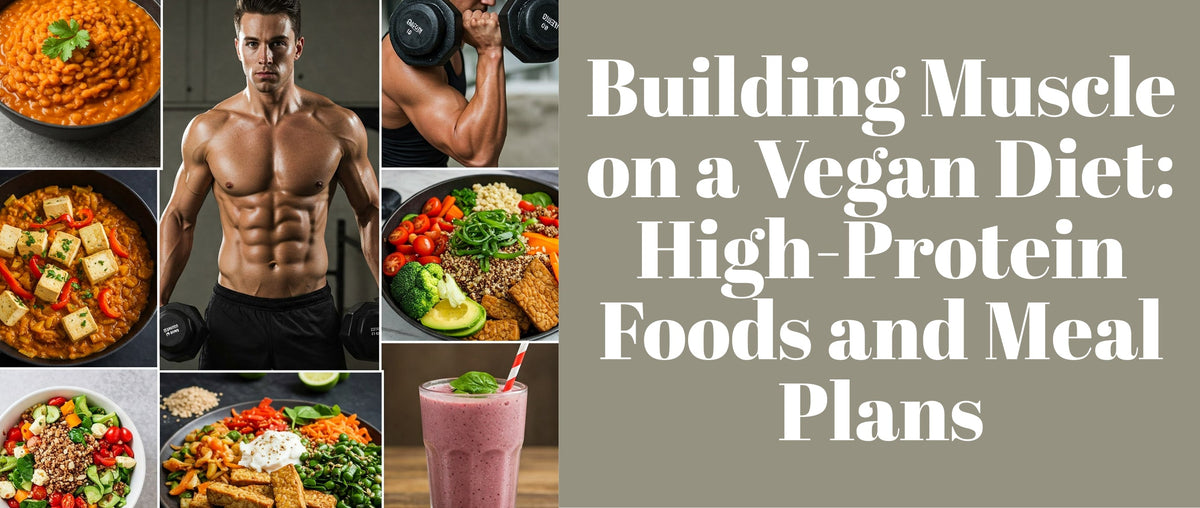Mistakes to Avoid When Making Kombucha at Home
Kombucha has become one of the most popular healthy drinks, known for its probiotic benefits and refreshing taste. Whether you are following a vegan diet or looking for cholesterol-free foods, homemade Kombucha can be a great addition to your lifestyle.
However, brewing kombucha at home requires careful attention. Many beginners make mistakes that result in a spoiled or unsafe batch. From selecting the wrong tea to neglecting proper fermentation techniques, avoiding these common errors can ensure you get a perfect brew every time.
If you enjoy experimenting with Vegan products like plant-based cheese, Oat Milk, or vegan butter , then perfecting kombucha can be another exciting addition to your diet.
Understanding Kombucha Brewing
What is Kombucha?
Kombucha is a fermented tea made by combining tea leaves, sugar, and a SCOBY (Symbiotic Culture of Bacteria and Yeast). This fermentation process produces organic acids, probiotics, and enzymes that promote gut health.
Many people consume kombucha for its benefits, including improved digestion, detoxification, and a boost in immunity. Some even compare its effects to an Apple Cider Vinegar Drink, as both provide similar gut-friendly properties.
The Fermentation Process Explained
-
First Fermentation (F1)
- This is the primary stage where the SCOBY converts sugar into organic acids and probiotics.
- The process takes 7-14 days depending on factors such as temperature and sugar content.
-
Second Fermentation (F2) (Optional)
- This step enhances flavor and carbonation.
- Fruits, herbs, or spices are added to improve taste and create natural fizz.

Common Mistakes in Kombucha Brewing
1. Using the Wrong Type of Tea
Tea selection is one of the most crucial factors in kombucha brewing. The tea must provide the necessary nutrients for the SCOBY to thrive.
Best Teas for Kombucha:N
- Black Tea – Provides a strong flavor and is rich in nutrients.
- Green Tea – Offers a lighter taste with high antioxidants.
- Oolong Tea – A good balance between black and green tea.
Teas to Avoid:
- Herbal Teas – Lack necessary nutrients for fermentation.
- Flavored Teas – Contain oils and artificial ingredients that can damage the SCOBY.
Brewing kombucha correctly is just as important as selecting the right ingredients when making vegan cheese, parmesan cheese, or a mozzarella cheese block.
2. Incorrect Sugar Usage
Sugar is essential in kombucha because it fuels fermentation. However, using the wrong type or quantity can negatively impact the process.
Common Sugar Mistakes:
- Using artificial sweeteners – The SCOBY cannot break them down.
- Reducing sugar too much – Weakens fermentation and slows probiotic production.
- Using honey instead of sugar – Alters the pH balance and disrupts fermentation.
Best Sugars for Kombucha:
- Organic Cane Sugar
- White Sugar
- Coconut Sugar (in moderation)
If you are conscious of sugar intake, kombucha remains a better choice compared to soft drinks. Pairing kombucha with fat-free cheese, low-fat butter, or unsalted butter makes for a balanced diet.
3. Inadequate Fermentation Time
Fermentation timing is critical to achieving the right taste and probiotic balance.
Signs of Under-Fermentation:
- Sweet taste with little tanginess
- Weak carbonation
Signs of Over-Fermentation:
- Too sour or vinegar-like flavor
- Excessive carbonation leading to bottle explosions
How to Get the Right Fermentation Time?
- Maintain a brewing temperature of 24-26°C for the best results.
- Taste the kombucha after 7-10 days and decide whether it needs more time.
- Use a pH strip – The ideal pH should be between 2.5 - 3.5.
Those who enjoy buying mozzarella cheese online or looking for the best mozzarella cheese for pizza may find kombucha to be an interesting pairing, especially with fermented foods.
4. Poor Temperature Control
The environment where you brew kombucha plays a major role in fermentation.
Best Temperature for Kombucha: 24-26°C
Too Cold (<20°C): Slows fermentation, weakens flavor
Too Hot (>30°C): Kills the SCOBY and makes the brew overly acidic
For those living in warmer regions like Kombucha India, storing the jar in a shaded area is recommended. In colder areas, wrapping the jar in a towel helps maintain warmth.
5. Using Improper Equipment
Choosing the right brewing equipment is essential to avoid contamination and unwanted chemical reactions.
Best Equipment for Brewing:
- Glass Jars – Non-reactive and safe for fermentation.
- Wooden or Plastic Utensils – Metal can harm the SCOBY.
Equipment to Avoid:
- Plastic Containers – Can leach chemicals into the brew.
- Metal Bowls – Interfere with the fermentation process.
Kombucha can complement a healthy meal just like unprocessed cheese, garlic butter, or cashew butter, enhancing flavors naturally.
6. Neglecting Cleanliness
Cleanliness is vital in kombucha brewing. Contaminants can introduce mold or harmful bacteria.
Best Cleaning Practices:
- Use white vinegar or hot water to clean all equipment.
- Avoid soap residue as it may kill the SCOBY.
- Wash hands thoroughly before handling kombucha.
Pairing properly brewed kombucha with fresh mozzarella or vegan butter can enhance flavors and provide a satisfying snack.
Also Read
Best Practices for Perfect Kombucha Brewing
To make sure every batch is successful, follow these best practices:
-
Choose the Right Ingredients
- Select high-quality tea, sugar, and water.
- Avoid flavored or herbal teas that could interfere with fermentation.
-
Maintain Optimal Fermentation Conditions
- Store in a warm, ventilated area away from direct sunlight.
- Keep temperatures between 24-26°C for the best results.
-
Ensure Cleanliness
- Sanitize jars and utensils before every batch.
- Keep the SCOBY in a clean, well-maintained environment.
-
Monitor and Adjust pH Levels
- Check the acidity with pH strips.
- Keep the pH between 2.5 and 3.5 to prevent contamination.
Conclusion
Making kombucha at home is both an art and a science. By avoiding these common mistakes, you can ensure a delicious and probiotic-rich brew every time.
Kombucha pairs well with dairy-free and vegan items, making it a great drink to include in a plant-based cheese or healthy drinks diet. Whether you are looking for fat-free butter, mozzarella cheese online, or a cholesterol-free food alternative, kombucha complements a health-conscious lifestyle.
If you follow these best practices, your homemade kombucha will always be flavorful, fizzy, and safe to consume.
Do you enjoy vegan food? We have a list of vegan restaurants in India to help you find delicious options in your area!










